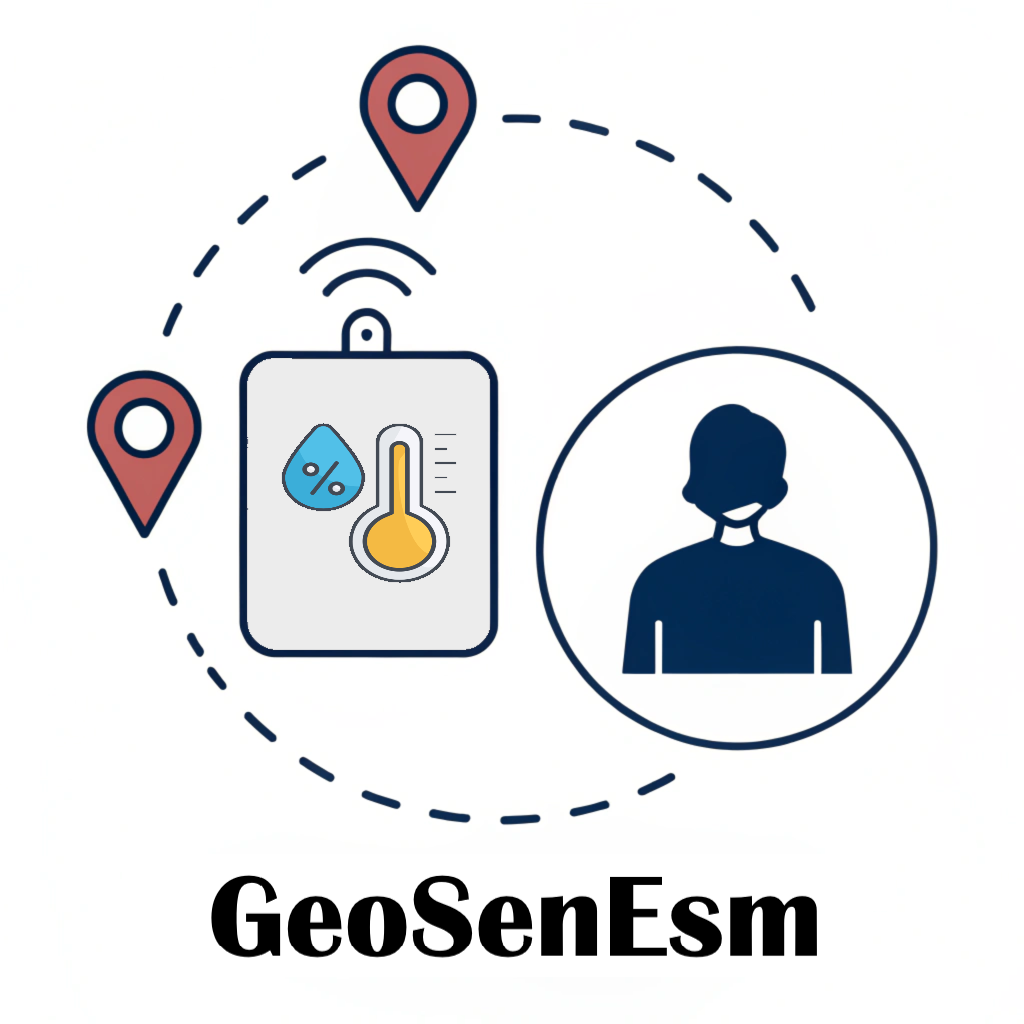
GeoSenEsm (Geolocation and sensor data support ESM) is a tool developed for the UrbEat research project, but can be used in any study using experience sampling methods.
GeoSenEsm offers an off-the-shelf mobile app for Android and iPhones, as well as simple DYI configuration instructions for the server-side administration portal. The app is provided under an MIT license and is free of charge. Study administrators install the administration portal on their own server, allowing them to maintain independence and full control over the study's data and design.
Project repository: https://github.com/geosenesm
Authors: Paweł Felcyn, Mateusz Dokowicz, Mikołaj Gawor, Wiktoria Grzesik
Project properties
Simple interface tailored to older responders - The main screen of the application is exclusively for surveys. Surveys display only one question at a time and support large fonts.
Data security - all data is uploaded and stored in only one place - on the researcher's own server. The researcher is the only person who has access to all the data.
Schedule and notifications - set start and end times for the surveys, repeat them several times a day, and respondents will be notified of the start and end of the survey.
Full offline functionality - All surveys and responses are saved locally in the application, and the saved data is cached and will be uploaded as soon as an Internet connection is established.
Administration portal - configure surveys and view results during the survey via the administration portal. All survey data can be exported to csv format.
Location and sensor data - Enrich survey data with geolocation and temperature and humidity information from Xiaomi or Kestrel sensors (can be expanded to others in the future). Limit the survey to a specific geographic region.

Open source and anonymous - Set up your own server according to our guidelines, collect data using our mobile app, generate anonymous accounts for respondents. Researchers have full control over access to the survey.
Many types of questions and conditional paths - delegate a question to a subgroup within a survey, configure conditional paths in a survey, use one of six question types in a survey.
Privacy and data sharing - Responders have access to shared sensor and location readings and can limit location sharing to certain hours of the day. Location data is shared with a delay to avoid live tracking of responders' movements.

